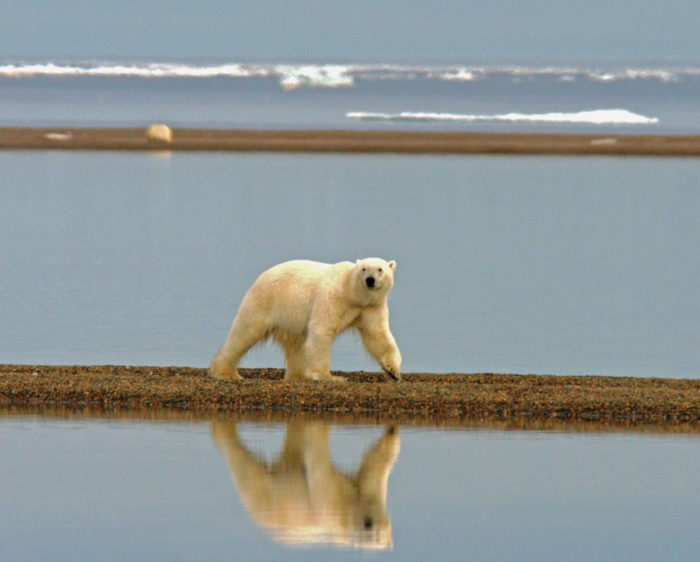
Global warming deniers have garnered a lot of attention in recent years. From opinion columns and letters in our local newspaper to heated reporting on Fox News (whose trademarked slogan “Fair & Balanced” is often anything but), those who doubt the underlying science of global warming are receiving unprecedented access to the American public and to policymakers.
Let me offer a few thoughts on all this. I’ve long had a fascination with the science of climate change. After college, with a degree in biology, I worked for a while at the Congressional Research Service at the Library of Congress studying world food problems. One of the issues I was investigating was whether changes in the world’s climate might affect agricultural production. I just pulled from my bookshelf a faded yellow report that I had used in this research: A Primer on Climatic Variation and Change.
This primer was written by staff at the Congressional Research Service (CRS) in 1976 when there was significant concern about “global cooling.” Scientists had observed a several-decade period of lower temperatures, and prevailing theories posited that the increased concentration of particulates (dust) in the atmosphere was blocking incoming solar radiation and cooling the planet. Some scientists even suggested that we would pass a delicate tipping point, plunging us into a new ice age.
The report begins: “A growing fraction of the current evidence suggests that the world may be entering a new climate regime. Amid recent expressions of concern that the earth may be on the verge of entering a new ice age, a potential serious problem for mankind is perceived….” A few pages later: “If present global cooling trends continue for several more decades, high latitude areas, such as Canada, the U.S.S.R., and northern China would experience shorter growing seasons and a drop in [agricultural] output.”
I offer these excerpts not to shed doubt on the reality of climate change today (though some readers may make that claim), but rather to make a point about science.
The scientific process offers hypotheses and then seeks to either support or refute those hypotheses through experiments and data collection. A hypothesis is never “proven” in absolute terms, it is only supported by the evidence at hand or rejected by that evidence. In 1976, there was a reasonable body of evidence showing that global temperatures had been dropping since the 1940s and that particulates being introduced into the atmosphere by human activities might reflect back to space enough solar radiation to cool the earth’s climate.
The report also addressed the rising levels of carbon dioxide in the atmosphere and the influence that has on the “greenhouse effect” and global warming. A fascinating graph shows the opposing trends of global warming from rising CO2 levels and global cooling from increasing particulate concentrations; these were plotted along with actual, measured temperatures going back to the late 1800s.
A prophetic (and then-contrarian) 1975 article from the journal Science, “Climate Change: Are We On the Brink of Pronounced Global Warming?” was reprinted in the report. This paper suggested that within a decade the cooling trend that had been experienced since the 1940s would be replaced by warming, as the rising CO2 levels would overtake particulates as the driving force of climate change.
The CRS report paints a fascinating picture of the scientific debate that was taking place in the mid-70s. And, indeed, the overarching conclusion of the report was that Congress should devote more research funding for climate science and the impacts a changing climate could have on rainfall patterns, agricultural productivity, and other factors that affect our livelihoods.
So where does this leave us today, in 2010? As that Science article referenced above predicted, the cooling trend from the 1940s through 1960s was replaced by significant warming as CO2 levels continued to rise. There is far greater scientific consensus today about global warming than there was about global cooling in 1976, but the scientific method of testing hypotheses against actual data is still the same. Today’s tools are better, however, including more powerful computers to run more sophisticated climate models, and we have collected vast amounts of new data. All this has helped scientists feel more confident about the prevailing fundamental hypothesis that the earth is warming.
It is the task of policymakers to take the best available information from scientists and create guidelines and laws that benefit society. The problem is that policymakers often get their information more from the popular press than from peer-reviewed scientific journals. Very often the popular press (even that claiming to be fair and balanced) doesn’t understand science. Expressions of doubt that are an inherent part of science, are picked up by the media and significant segments of the public as justification for inaction.
More on this conundrum and what to do about it next week.
I invite you to share your comments on this blog. You can also follow my musings on Twitter
Weekly Newsletter
Get building science and energy efficiency advice, plus special offers, in your inbox.





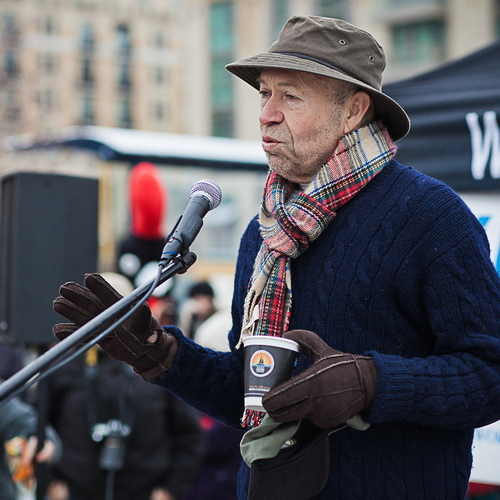
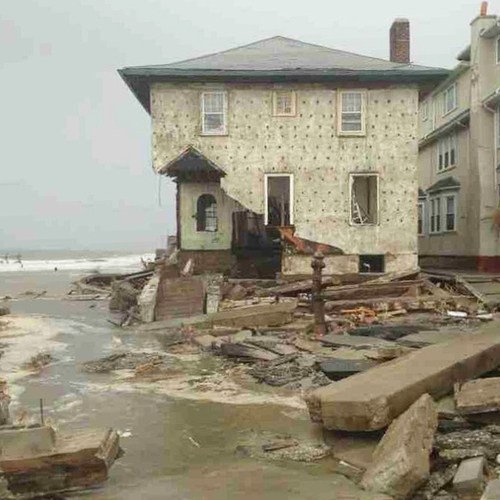
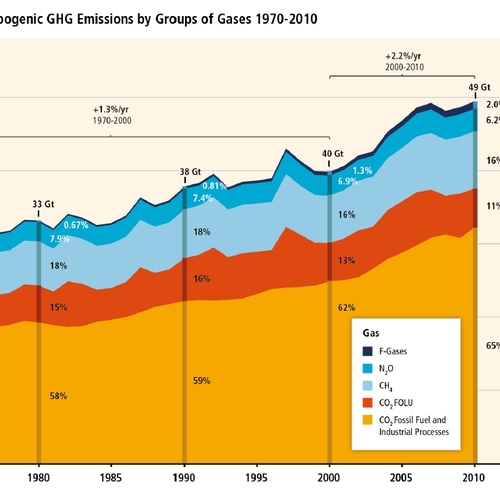
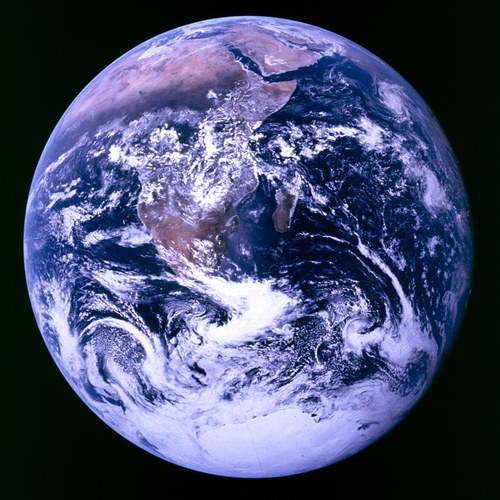






4 Comments
Global Warming
First let me say I find Fox News to be the only balanced news program on TV. I watch it every night. It is #1 in the USA for ratings--others must agree with me. Second, it is obvious the earth's temperature is cooling. Listen to the nightly Weather Report. In the Land of the Blind the man with one eye is King. I don't worry about Global Warming Deniers, I worry about Global Cooling Deniers.
alledged global climate change (Heating/cooling) whatever
Make up your mind, Global heating,cooling, or climate change. What's in a name... ?
Just choose one to fit your position.
My definition is: The sun comes up in the morning, and it begins to warm. The sun sets in the evening, and it begins to cool... Thats it!
Richard,
Your argument for
Richard,
Your argument for Fox News is extremely powerful! uhhh not really...
"#1 in the USA for ratings"-- So What?
Just because something is popular dose not make it right-- think slavery, racism, women's right to vote...
I have PLENTY to say about Fox News, but I know we are supposed to be respectful here, so I will leave it at that.
2 cents
isn't gravity also a theory?
As I look back at old television footage of race riots in the south and realize that some of those people are still alive, I wonder what our grandchildren will think when they look back at our actions today in relation to climate change? The earth will change whether we deny it or not. The problem is that we have built a very inflexible way of life and perhaps we are not ready for "adapt or die"
Log in or create an account to post a comment.
Sign up Log in